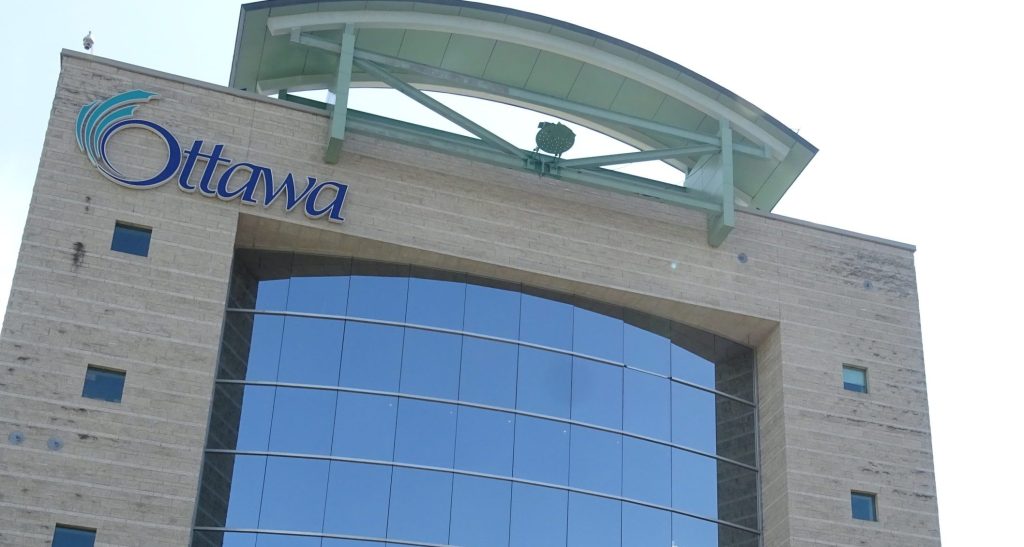City of Ottawa council approves 2025 budget with 3.9% tax hike

Posted Dec 11, 2024 12:46:11 PM.
Last Updated Dec 11, 2024 04:33:22 PM.
Ottawa councillors approved the city’s 2025 budget, which has a $36 million gap in funding that the municipality hopes will be filled by upper levels of government.
The nearly $5 billion municipal blueprint includes a tax increase of 2.9 per cent, and with a need to invest in transit, it raises the bottom line for taxpayers. The final bill works out to a total hike of 3.9 per cent due to the 5 per cent increase to OC Transpo fares and 8 per cent rise in the transit levy.
This is an average property tax bill increase of $168 for urban homeowners and $114 for rural homeowners. The average commercial property will see an increase of $361 in the annual tax bill.
The budget passed with 22 votes in approval and three nays from councillors.
“As everybody knows, the toughest part of the 2025 budget is transit, and that’s been reflected in the many conversations that we’ve had,” Mayor Mark Sutcliffe said at Wednesday’s council meeting.
Ottawa’s mayor said that although he’s proud of the work councillors and staff have done, he is “frustrated.”
“I think we’ve been having different conversations in the past month than we ought to be having,” Sutcliffe said. “We’ve been talking about how much our residents can and should contribute to the cost of public transit when we should be talking about how much other levels of government can and should be contributing to public transit in Ottawa.”
The budget investments support the light rail transit system (LRT), Para Transpo and the bus system. The municipality is investing a further $88 million into the transit agency, an 11.4 per cent increase from 2024.
But there is a $120 million transit shortfall including a $36 million gap that has yet to be filled.
“I also want to emphasize that if we don’t get the help that we require in the next month or two, we will have to find other solutions for the $36 million shortfall in the transit budget,” Sutcliffe said. “It is absolutely critical that the other levels of government do the right thing, as I hope and expect they will, in the coming weeks.”

Sutcliffe mentioned how other municipalities, like Toronto and Hamilton, are getting the required funding to invest in public transit.
“We are delivering public transit to a city that is four and a half times the size of Toronto,” he said. “What would be considered regional transit in Toronto is considered local transit in Ottawa.”
To offset some increases, the budget does outline where the city was able to save $54.2 million through streamlining services and improvements.
The city’s proposed operating budget is $4.98 billion, with community and social services taking up the bulk, followed by transit, water and sewer and capital formation costs. The capital budget is $1.68 billion with transit at the top, followed by drinking water and stormwater services.
Further investments include the addition of 22 firefighters, 23 paramedics, 10 bylaw staff and improvement to vehicles and technology.








